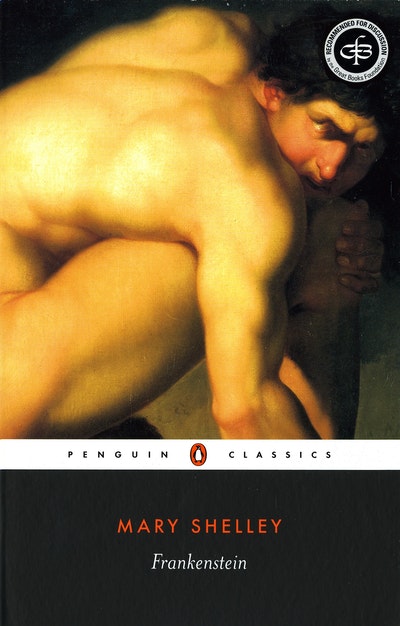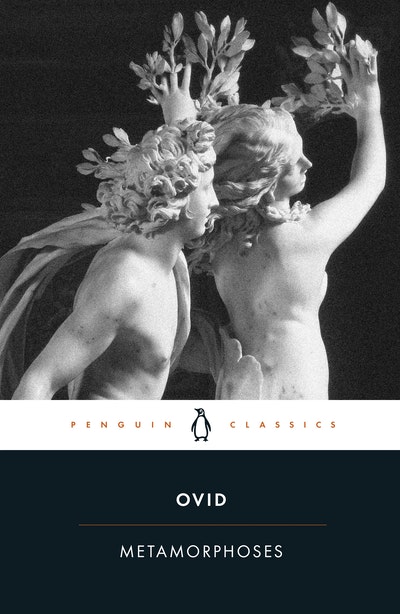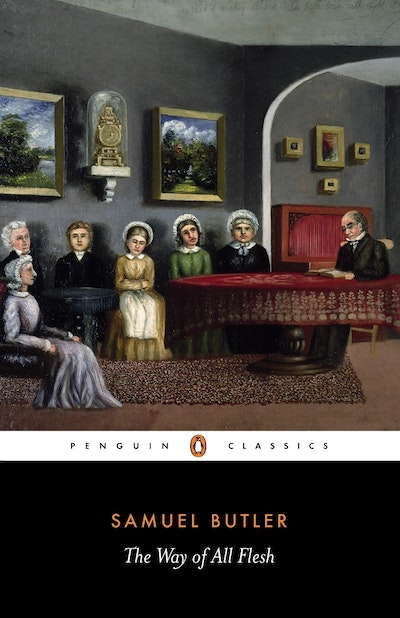- Published: 1 January 1971
- ISBN: 9780141905044
- Imprint: Penguin eBooks
- Format: EBook
- Pages: 272
Erewhon
Setting out to make his fortune in a far-off country, a young traveller discovers the remote and beautiful land of Erewhon and is given a home among its extraordinarily handsome citizens. But their visitor soon discovers that this seemingly ideal community has its faults - here crime is treated indulgently as a malady to be cured, while illness, poverty and misfortune are cruelly punished, and all machines have been superstitiously destroyed after a bizarre prophecy. Can he survive in a world where morality is turned upside down? Inspired by Samuel Butler's years in colonial New Zealand and by his reading of Darwin's Origin of Species, Erewhon (1872) is a highly original, irreverent and humorous satire on conventional virtues, religious hypocrisy and the unthinking acceptance of beliefs.
- Published: 1 January 1971
- ISBN: 9780141905044
- Imprint: Penguin eBooks
- Format: EBook
- Pages: 272


















































































































































































































































































































































































































































































































































































































































































































































































































